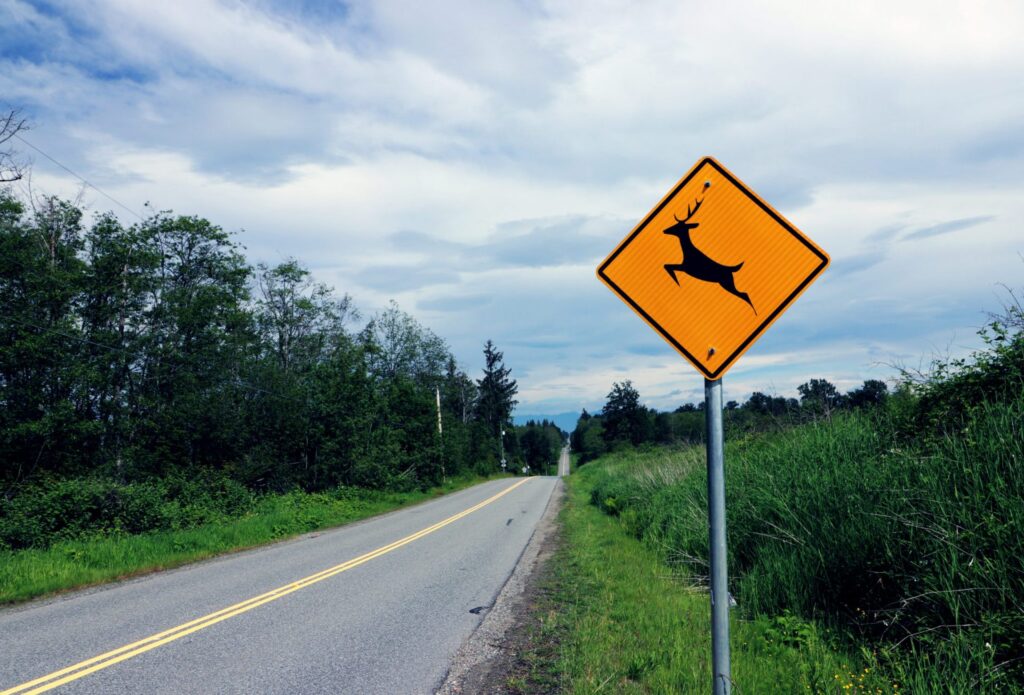The Maine Supreme Court recently handed down a decision on an issue near and dear to many Mainers, but that almost never gets any attention in the court system: Deer hunting. The case involved the controversial strategy of “deer driving,” and the level of intent necessary to support a conviction.
What Happened
The case, Maine v. Siracusa, came from a hunting party in November 2014. Four people, including Michael Siracusa and an undercover game warden, went hunting in Parsonsfield, Maine. Siracusa and another hunter stood near a pit in the woods while the other two started from other areas of the woods and walked towards the pit. The result was a “deer drive” – the walkers herded any deer in the area towards the pit, where Siracusa and the other hunter were waiting.
Deer Driving is Illegal in Maine
Unfortunately, in Maine, driving deer is illegal. Title 12 §11453 makes it a Class E crime to even participate in a deer hunt when there is an organized or planned effort to drive deer, and specifies that four or more people “working together to move deer” constitutes a drive.
What §11453 does not specify, though, is whether someone has to have a culpable state of mind in order to be convicted. That became one of the focuses of the case surrounding Siracusa – while prosecutors argued that deer driving was a strict liability crime and that Siracusa could be convicted simply for being present, Siracusa argued that he could only be convicted if he had a specific intent, which required him knowing what a deer drive was, that driving deer was illegal and doing it, nonetheless.
Court Decides Deer Driving Requires Knowing Participation
The Maine Supreme Court started with the idea of an implied state of mind requirement, which is often used when criminal statutes, like §11453, don’t specify what has to be going through a defendant’s head in order to be convicted. When this happens, courts imply that the culpable state of mind is either intent or knowledge.
While this is little more than a presumption, the Court went further, backing it up with the fact that Maine’s deer driving statute prohibits “participation” in “an organized or planned effort.” This implies some sort of knowledge and understanding of what was going on but fell short of requiring a suspect to intend to commit the crime of deer driving.
Maine Criminal Defense and Title 12 Attorney William T. Bly
Cases like Siracusa don’t happen very often because the repercussions of a conviction are relatively low – Siracusa lost at trial, he only had to pay $700 in fines, and he had also been convicted on a weapons charge – so they rarely get appealed to the Maine Supreme Court. However, the lack of court opinions has left much of Title 12 open for interpretation, even simple questions like the one Siracusa answered.
Because of the lack of court opinions in this area of the law, it’s important to have a Title 12 lawyer like William T. Bly at your side if you’ve been charged with a Title 12 violation. With his understanding of the legal principles underlying the statutes at play, he can help you argue your case and protect your interests. Contact his law office online or call him at (207) 571-8146.


